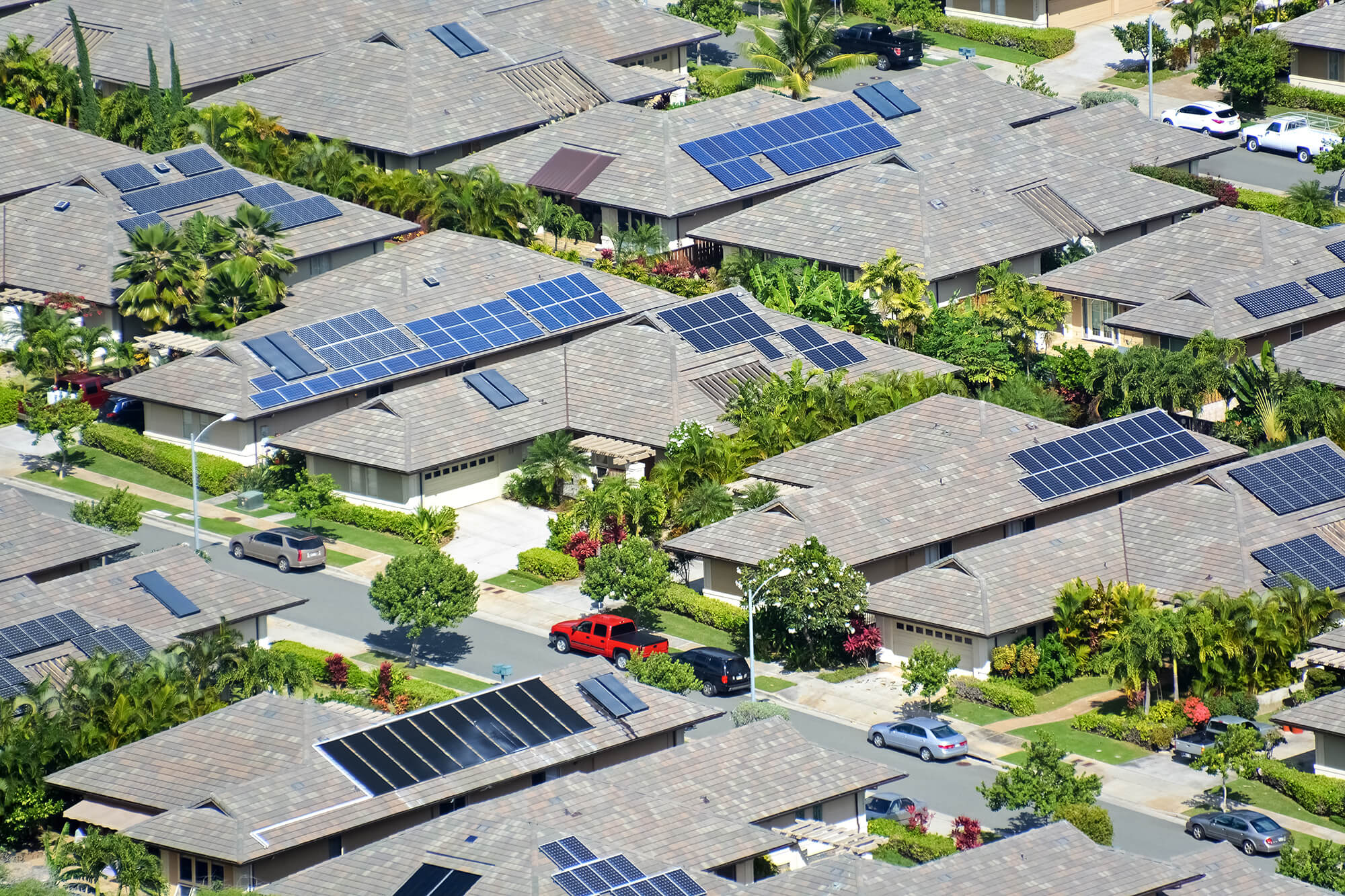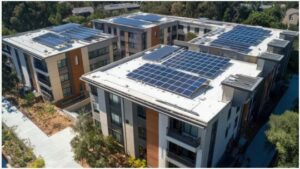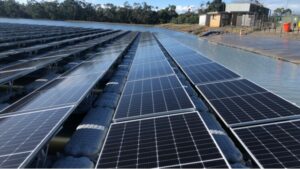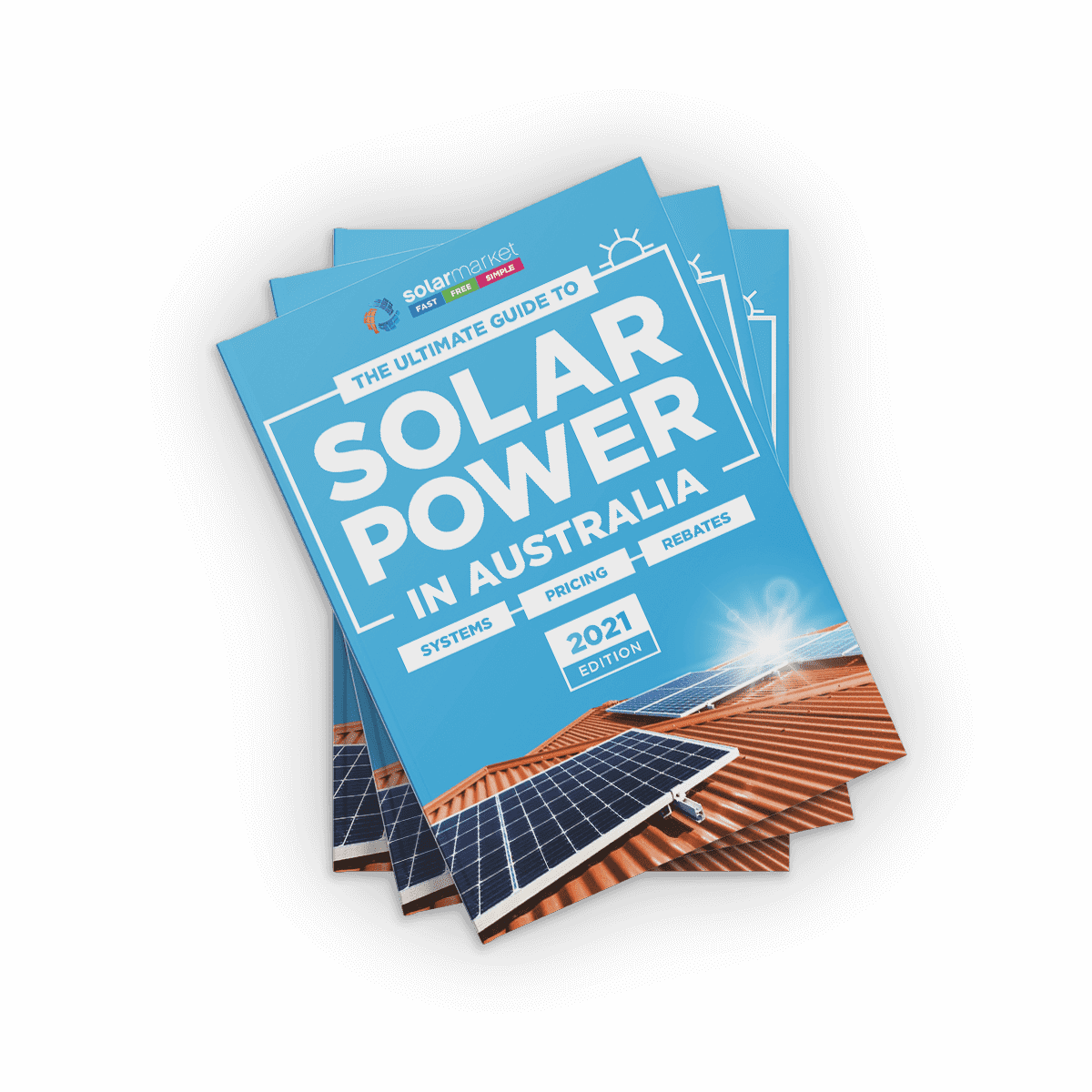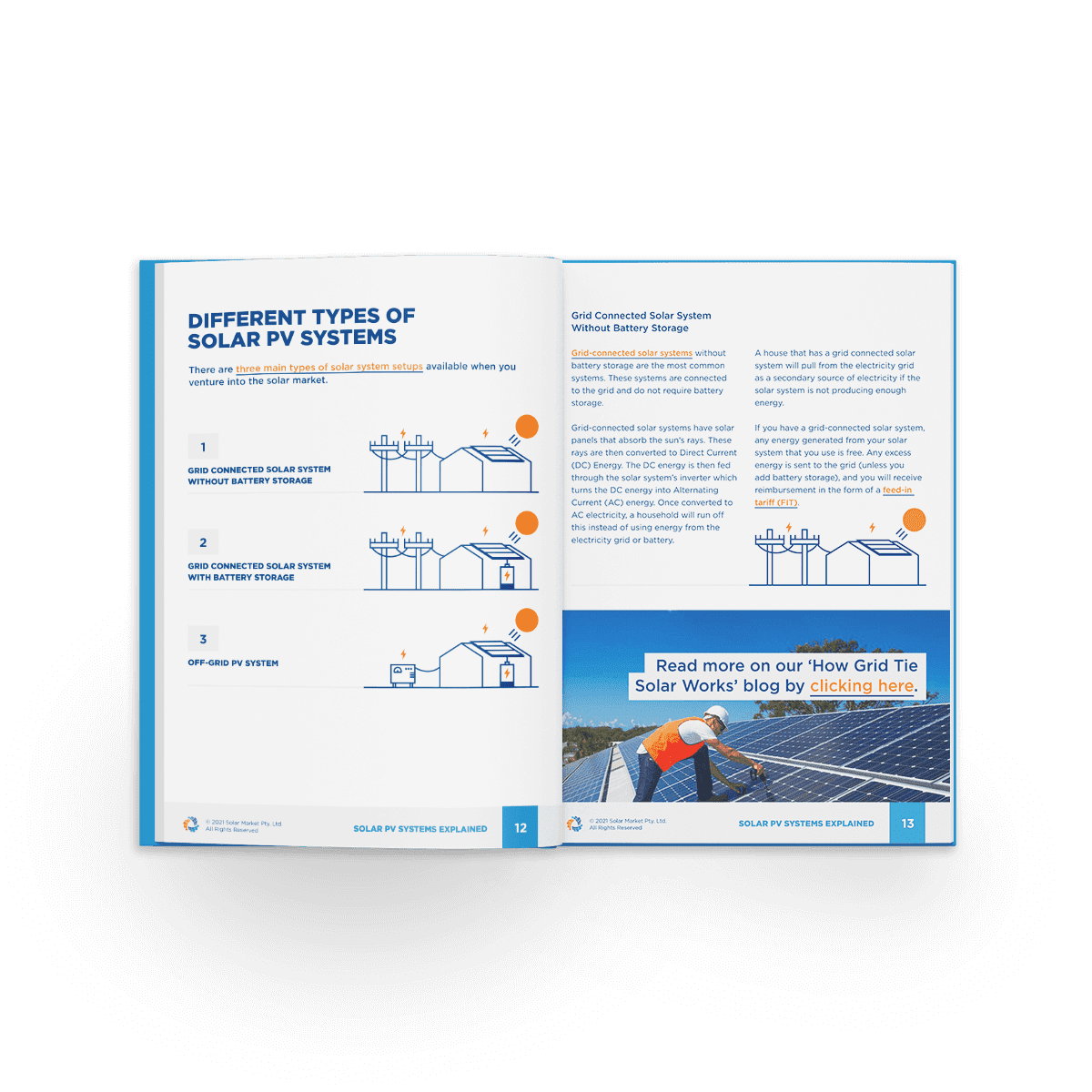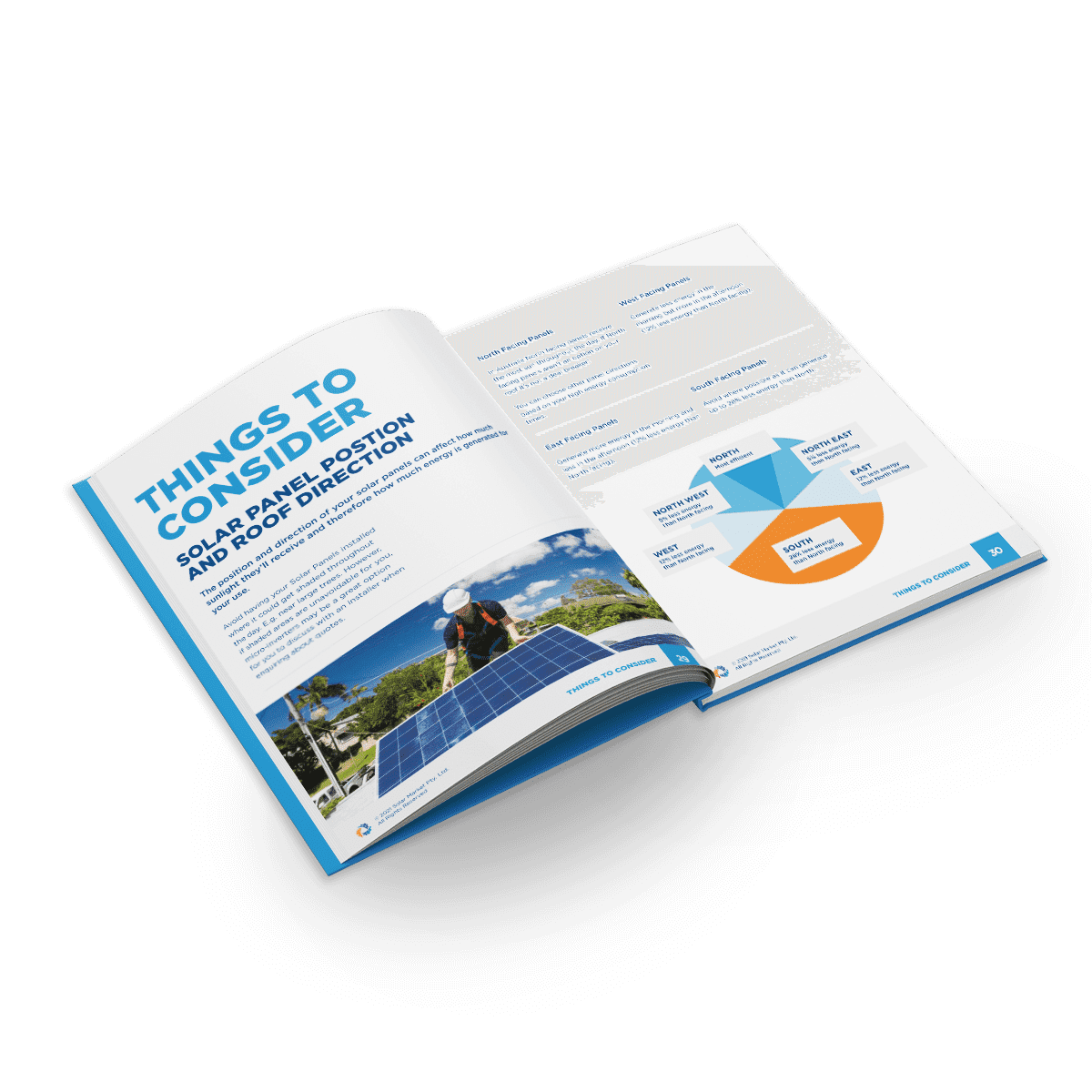Choosing a reliable installer can be exceptionally challenging. When suppliers are claiming that they’re the best and giving you their sales pitch, it can be hard to separate the good from the bad. These five points will help you investigate all of the installers out there, decipher all of the related info and select the best installer for you:
- Reputation
- Products
- Certification
- Consultation
- Information
Reputation
A very easy, first step for investigating an installer is to do a quick internet search on them. Are there a multitude of horror stories out there? Or conversely, is there high praise for their services? Do any of your neighbours, mates, co-workers or family members have a solar system that they could share their experience in selecting an installer?
This first criterion can make it very easy to narrow down the list of potential installers to contact.
Products
What products is the company selling? You should be able to find out either from their website or a quick phone call what brands they are selling. If the company can’t tell you what inverters or panels they will supply you, then that’s an immediate red flag.
One very important thing to note is that some companies re-brand solar panels or inverters as their own. Though there’s nothing inherently wrong with this, the company should be able to tell you what the actual brand of the panels/inverter is.
Once you ascertain what the products are, another quick internet search to get a quick impression of how good the products are will be most useful. Remember to look at multiple sources, as one guy on the internet saying a product is rubbish doesn’t make it so. However, if 80% of the reviews you look at say it is then it’s more likely to be the case.
All this research can seem like a pain but you should develop at least an idea of brands independent of the installer’s sales pitch. This can be another indication of if the installer is reliable; if he’s trying to talk up something the whole internet is saying is rubbish then maybe they aren’t the best company to go with.
Certification
This one should be almost redundant, but it’s a good check to make anyway. All installers should have the proper certification for installing PV systems. That means they should have both a valid electrical licence and be accredited with the Clean Energy Council. Without these, they cannot legally install PV solar systems and the PV systems will not be eligible for any available government rebates.
Consultation
So at this point, your list of potential PV installers maybe a bit more refined and you’re probably ready to have a home consultation with a few of them.
What we would like to see from a home consultation is:
- The option for a customised solution
- An explanation of financials, in a way that makes sense
- Some basic education of how solar systems work
Customised Solution
From a home consultation, we would expect that the consultant takes a look at the roof and the power bills and provides a number of options for what sizes would best suit the house and where the system can be placed.
If there is shading that occurs on the roof where the solar system is likely to go, then the solar consultant should either be able to perform or organise a shading analysis for your roof. This will provide you with an estimate of how much energy you will generate over the year.
Explanation of Financials
Given there’s some options for system size and configuration (north or east facing etc.) on the table, the next thing I’d want to know are what do the financials look like? You want a clear explanation of where the return on investment comes from as well as things like the payback period on the system.
If they’ve given you potential systems, they should be able to do a calculation based on those sizes to give you specific figures based on those systems.
Basic Knowledge of PV Systems
Don’t expect a solar consultant to be an absolute expert on solar; after all they aren’t the technical staff for the company, but they should have a basic understanding of what they’re selling. In our experience, if the sales staff is competent in this way then it’s a good indication of the quality of the installer.
Information
This is linked somewhat to the products and consultation criteria. Throughout the whole process, the company should be able to give you information about your system and your potential purchase. For example; some background information on the panels/inverters, where are they made? What are the terms of the warranty? How will the system perform during the year? What is the average daily output, etc?
With regards to performance, the company should be able to tell you what how many kWh your system will generate, give or take 10% for weather.
Summary
To sum it up , you want an installer with a good reputation, who carries decent gear and can provide you with all of the important answers, with explanations that make sense. What you don’t want is a lot of bluster and sales pitch, with nothing to back it up.
